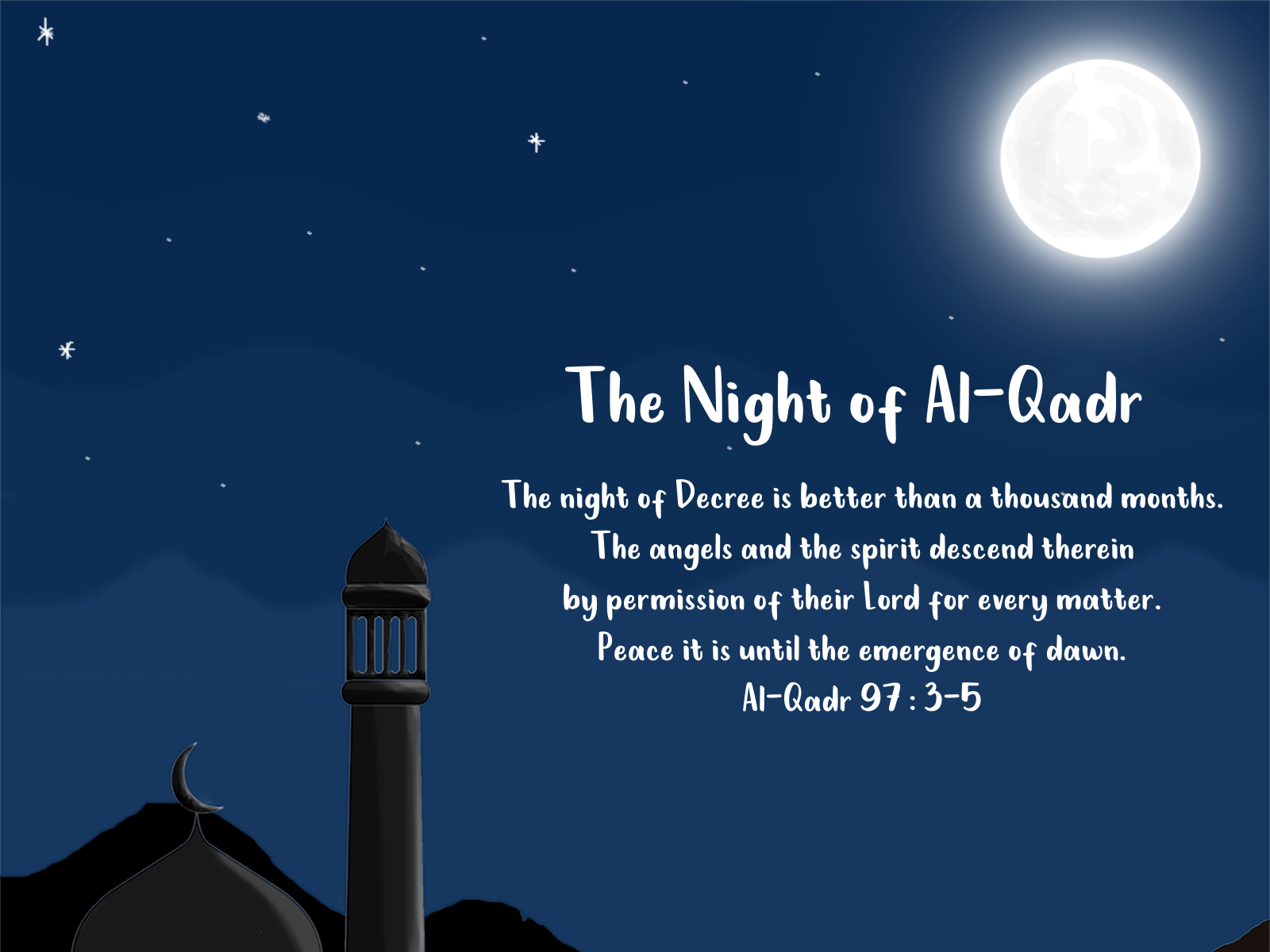Welcome, new students, to the University of Shimane! For the first time since the COVID-19 pandemic started, first-year English classes at the University of Shimane will be in person! The vaccine has been available to the public for several months now, so we hope that everyone will stay healthy.
There are many, many holidays in April, but this month’s post will focus on two topics: disaster remembrances and religious holidays related to the Abrahamic faiths (Judaism, Christianity, Islam).
Disaster Remembrances
April 26th – Chernobyl Disaster Remembrance Day
On April 26th, 1986, during the night shift, there was an explosion at a nuclear reactor (#4) in Chernobyl, Ukraine (controlled at the time by the USSR). Many safety protocols had not been followed, both in the construction of the facility and in the process of the routine test that went wrong. The workers on that shift at the next-door reactor (#3) were not allowed to leave for several hours after the explosion. The reactor chief for #4 did not believe the reactor had exploded, so he and his team did not wear protective clothing to fight the fire. He and most of his team died within days. In addition, the firefighters and 600 pilots who responded to the building’s fire were not informed that there was extreme radiation in the area. While some firefighters saw the scene and immediately assumed that there was extreme radiation, others believed that it was merely an electrical fire. Several firefighters died quickly of radiation poisoning.
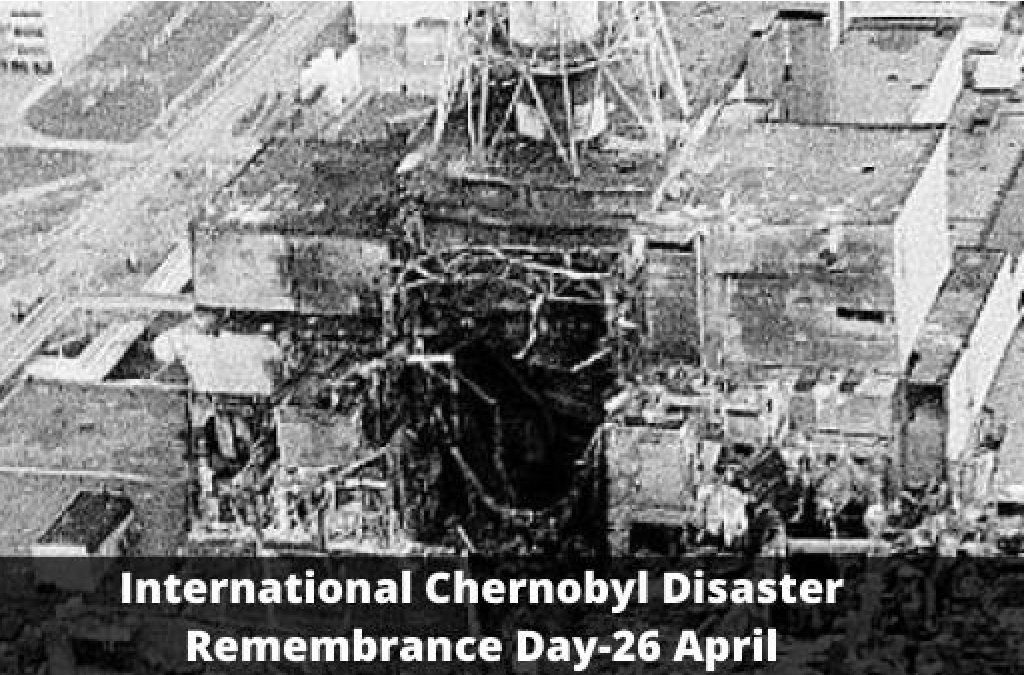
The explosion also lit the building and surrounding area on fire, and the radiation-spreading fire continued for 15 days. Due to the location of Chernobyl, it is estimated that 90% of the total nuclear contamination actually fell onto a neighboring Soviet country, Belarus.
Due to political mismanagement at the headquarters in Moscow, the local government was not informed of the type of incident, or the need to evacuate, for nearly 36 hours. By the time evacuation was finally announced, 2 townspeople had died of radiation poisoning and 52 were hospitalized. The townspeople were told that they would only leave for 3 days. (In reality, they would never be allowed to return; many personal belongings still remain in Pripyat.)
On April 28th, two days after the explosion, the radiation from the explosion was detected 1,000 km away in Sweden. The Soviet government attempted to deny the incident, but when the Swedish authorities stated their intent to report the radiation to international nuclear authorities, the Soviet government quickly admitted to its involvement and sent out international news announcements, comparing the event to other, less severe nuclear accidents in the USA. However, the Chernobyl incident was far more severe: radiation from the site was detected all the way across Europe, even in the UK. In the international community and among nuclear scientists, the explosion at Chernobyl is considered the worst nuclear disaster in history.
Months after the incident, a mandatory evacuation was called for children near Kyiv, and other Soviet nations accepted Ukrainian children from near the disaster zone, placing them in camps where they could receive medical treatments and get away from dangerous levels of radiation. By the fall of the Soviet Union in 1991, Ireland and the USA (among others) had learned of the severity of the situation and had established programs to bring Ukrainian and Belarusian children to the West. To this day, the term “Children of Chernobyl” is famous to the generations who lived through the disaster.
Chernobyl has been in the news again recently: In February 2022, Russian forces launched an attack in Ukraine near the Chernobyl power plant. In the process, they temporarily seized the power plant for over a month, holding plant decontamination workers hostage, and their actions and vehicle movements disturbed the contaminated soil. There are reports that Russian troops were sent away from the site with radiation poisoning, and local radiation monitors show a 20x increase in radiation in the area. The Russian troops announced a withdrawal on March 31st, and the results of their occupation are under investigation.
April 27th – Yom HaShoah / Holocaust Remembrance Day
Holocaust – noun
1. destruction or slaughter on a mass scale, especially caused by fire or nuclear war. “a nuclear holocaust”
2. (historical) a Jewish sacrificial offering that was burned completely on an altar.
3. (most common) the systematic mass slaughter of European Jews in Nazi concentration camps during World War II. Usually capitalized: the Holocaust.
Yom HaShoah is a Jewish day of remembrance for the 6 million Jews who were killed in the Holocaust. It is recognized in Israel and in Jewish communities across the globe, including in Anglophone countries such as the USA, New Zealand, the UK, Ireland, Canada, and Australia.
The Holocaust refers to a historical genocide that occurred from 1941 to 1945 in Nazi-ruled Germany and territories under its control. Under the leadership of the German chancellor Adolf Hitler, over 6 million Jews were forced from their homes in Germany, Austria, Poland, Czechoslovakia, Yugoslavia, Greece, France, Belgium, Luxembourg, the Netherlands, Denmark, Norway, and other Nazi-occupied territories. Those who weren’t immediately killed were sent to concentration camps, where some were used in cruel scientific experiments or as forced labor. Many were killed in gas chambers or shot; others worked, froze, or starved to death under inhumane conditions. Survivors of the camps have permanent tattoos on their arms, indicating their prisoner number and showing the cruel dehumanization that they experienced.
Although the genocide was organized by the Nazi German government, most of the death camps were actually built in Nazi-occupied Poland (including Auschwitz-Birkenau, Bełżec, Chełmno, Majdanek, Sobibór, and Treblinka). The first and only Nazi death camp held on actual German soil was Dachau. This arrangement was likely intentional, as it sheltered many of the German people from the true brutality of their government’s actions and made its crimes easier to hide or deny.
The genocide of Jewish people started as a thinly veiled effort to “detain” political dissidents, including Communists. (At the time, Jews were stereotypically associated with Communism.) Over time, other groups were targeted in addition to Jews – Romani people, homosexuals, people with disabilities, ethnic Poles, Soviet civilians and soldiers, and religious dissidents. However, the main mission of the genocide remained the “Final Solution”, which was explicitly defined as the extermination of Jews. Each year, the international community remembers the Holocaust on January 27th, but Yom HaShoah specifically refers to “the calamity” that was the mass murder of 2/3 of all European Jewish people.
It is important to note that, although the Nazi genocide officially started in 1941, state-sponsored anti-Semitism and discrimination started in 1933 with the boycotting of Jewish businesses and was foreshadowed by many other events, such as the Nuremberg Laws and Kristallnacht. We remember the Holocaust and its lessons in order to remain vigilant against any future attempts at such cruel, discriminatory practices by a state’s government.
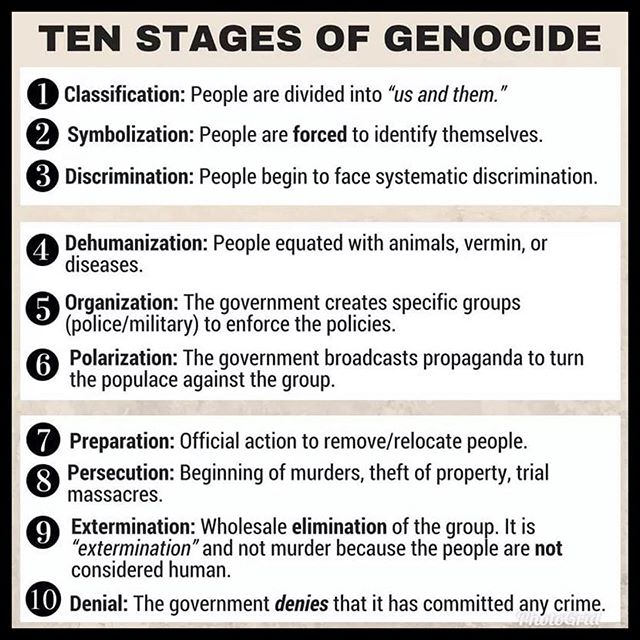
Religious Holidays
Note: Jewish and Christian holidays (except Christmas) usually follow the Jewish calendar. Similarly to the traditional Chinese calendar, they are “lunisolar”. Muslim holidays follow the Islamic calendar, which is a lunar calendar. All of their dates change on the modern “world” calendar every year. This modern calendar is also known as the Gregorian calendar, and it replaced the Julian calendar several hundred years ago. However, Orthodox holidays continue to follow the Julian calendar.
April 2nd – Start of Ramadan
During the month of Ramadan, observant Muslim adults and teenagers fast (don’t eat or drink) from sunup until sundown, eating only after nightfall (iftar) and before sunrise (suhoor) until May 3. Exceptions are generally made for young children, people who are currently sick or chronically ill, pregnant and breastfeeding women.
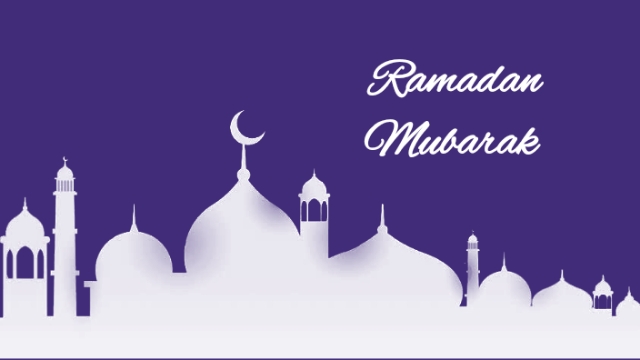
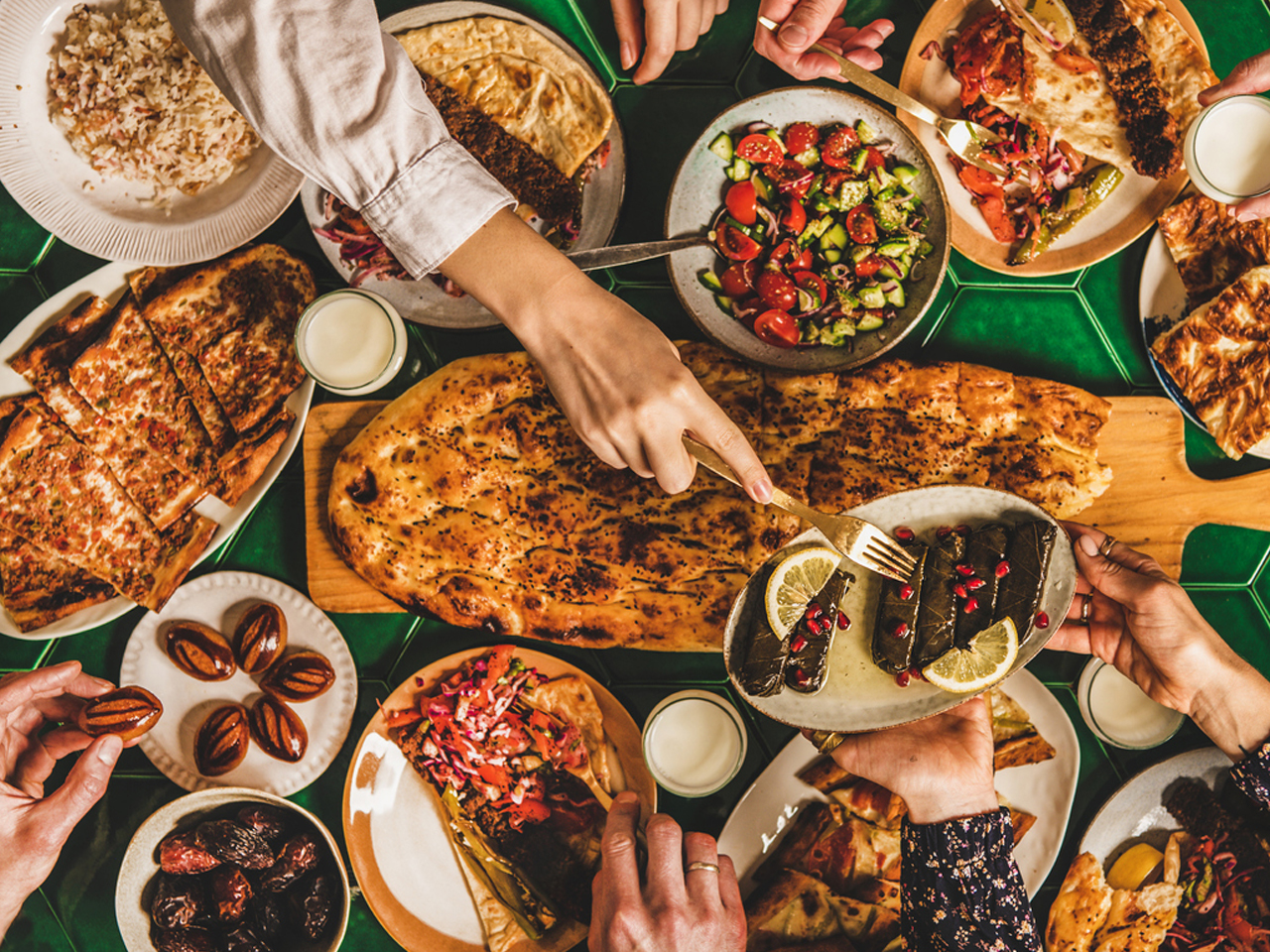
April 10th – Palm Sunday
Palm Sunday is a representation of the day that the Christian holy figure Jesus rode into Jerusalem on a donkey, with his followers throwing down palm branches to celebrate him. It is a day of celebration and song.
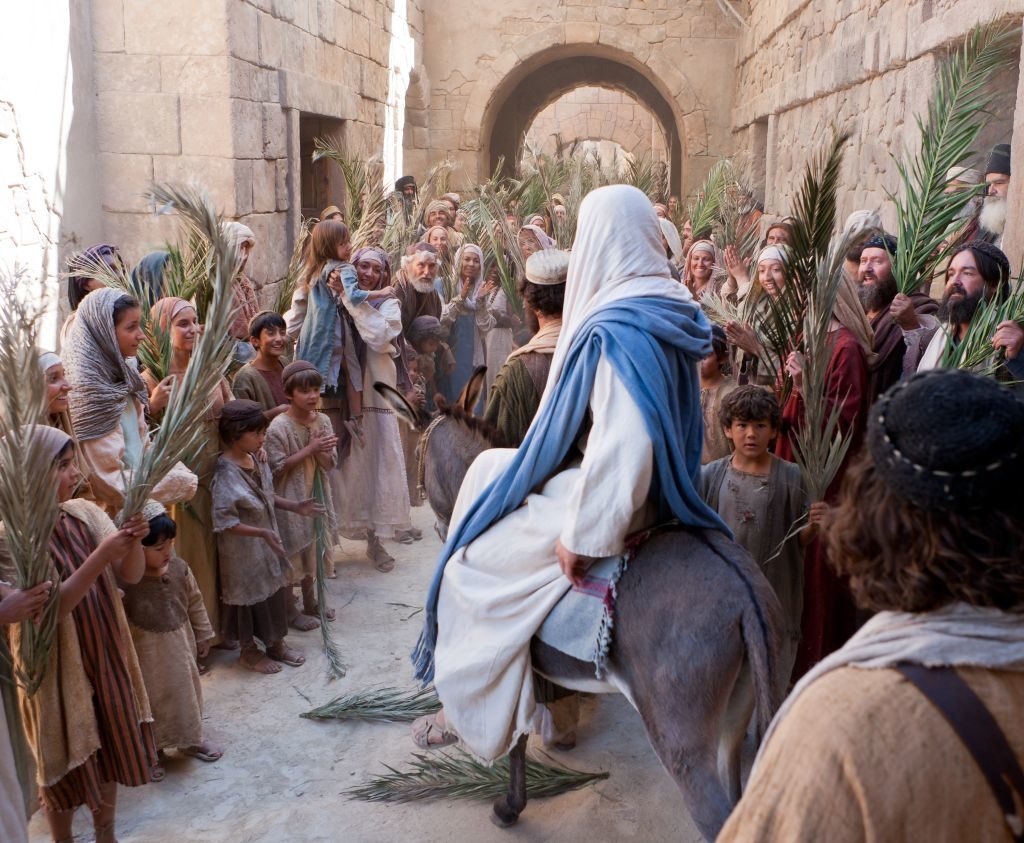
April 14th – Maundy Thursday (UK)
In the UK, Maundy Thursday commemorates the “Last Supper.” In the Christian tradition, the holy figure Jesus Christ was the son of God and therefore knew a lot about his future. According to Christian stories, he knew that one of his 12 followers (disciples) was going to betray him and cause his death, so he held a “Last Supper” during the Passover season to identify his betrayer to his other followers and (possibly) say goodbye to them.

April 15th – Start of Passover ~ Good Friday (Catholic/Protestant)
In the Jewish tradition, Passover is a particularly important holiday that starts and ends with a Sabbath meal (Friday night dinner). Although there are many Jewish holidays that fall on a Sabbath, Passover is a weeklong holiday in remembrance of Jews safely departing Egypt, where they had lived as slaves for 400 years. The meal for the first night of Passover is called the Seder. There is a special ritual dinner and conversation that teaches the significance of the holiday, including special foods, readings from religious texts, questions from children, and storytelling. See a non-traditional, celebrity-filled Seder here: Saturday Night Passover Seder

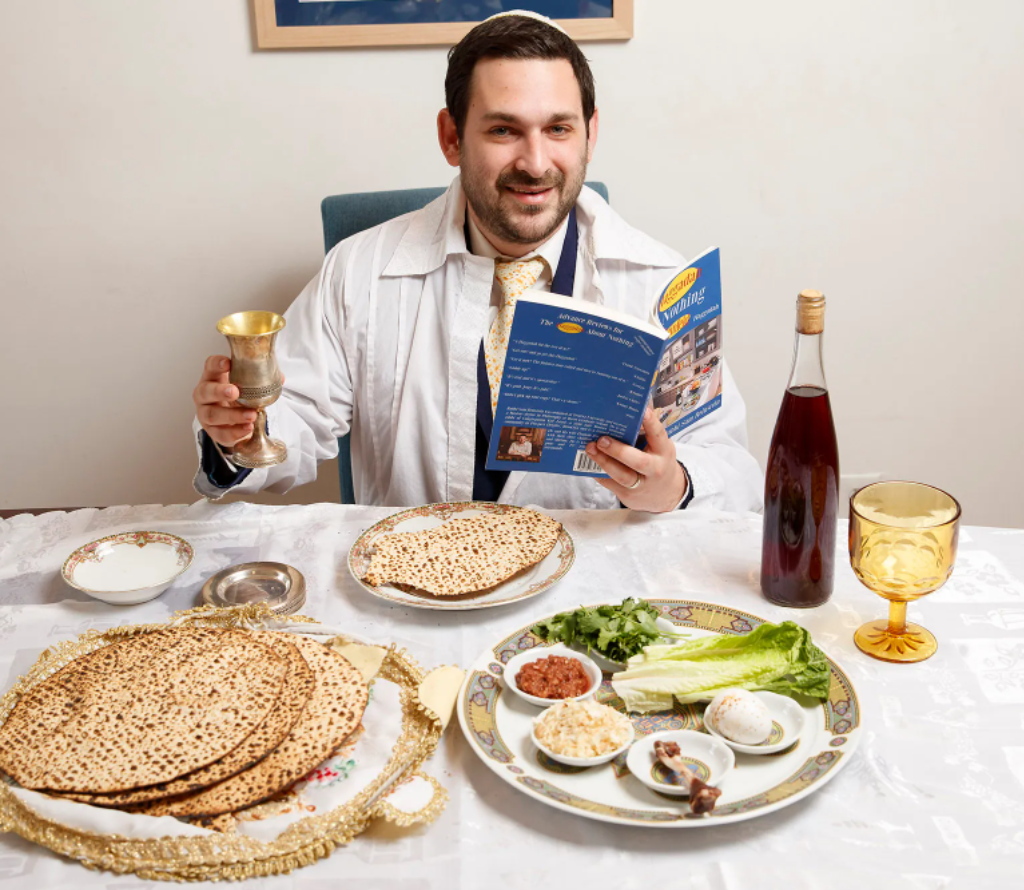
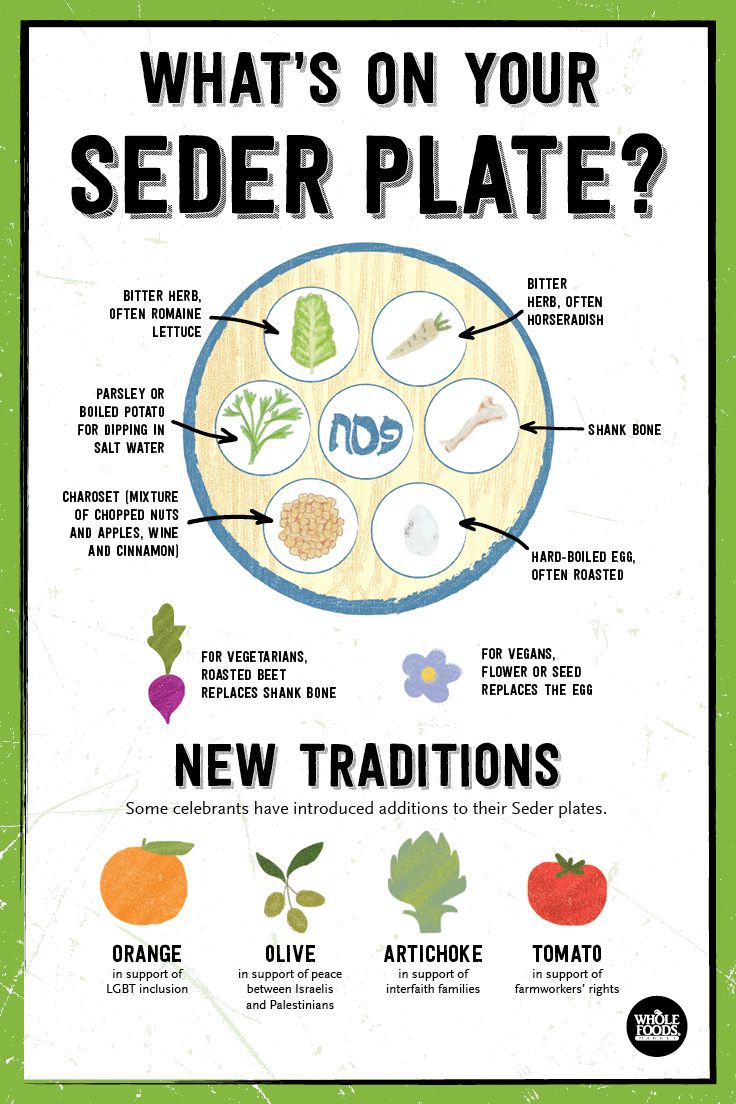
In the Christian tradition, Jesus was crucified (executed by hanging on a cross) on a Friday night during Passover, falsely accused of trying to become “King of the Jews” and overthrow the Roman rulers. Today, “Good Friday” celebrated on the same Friday as the start of Passover, spreading the “good news” of Christians’ salvation. Christians believe that Jesus died as an innocent man on behalf of other people’s sins, saving those who believe in him from eternal damnation.
April 17th – Easter Sunday (Catholic/Protestant)
In the Christian tradition, Jesus died and was buried on a Friday night, but “rose on the third day” (from death) on a Sunday. Easter Sunday is the main celebration of Easter, as it celebrates Jesus’s resurrection (return to life), showing his victory over death and his divinity/holiness.
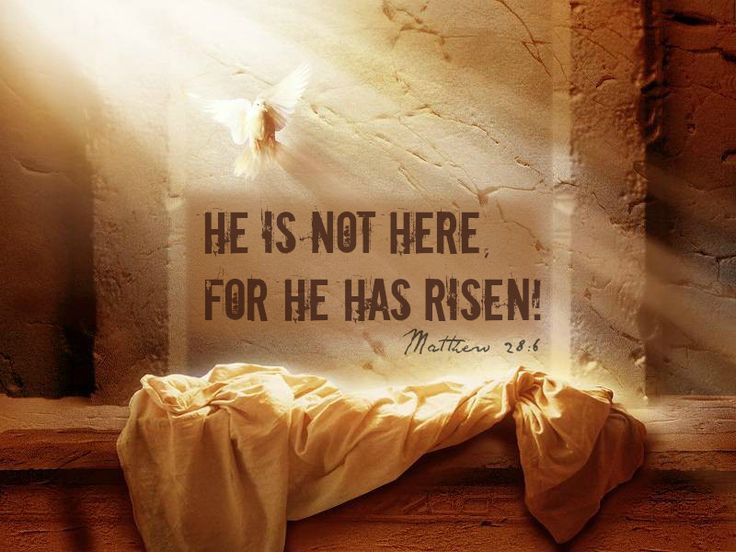
April 18th – Easter Monday (Catholic/Protestant)
Easter is an important holiday in Christianity, but it is always on a Sunday, when people already have the day off work. So some countries with many Christians have established a work holiday on the next day (Monday). Easter Monday is an official government holiday in the UK (except Scotland), Ireland, Australia, New Zealand, Canada, and some U.S. states and corporations.
April 22nd – Good Friday (Orthodox)
The Orthodox Church still follows the Julian calendar for many of its religious holidays, which means that they occur one week later. See Good Friday (Catholic/Protestant) for a description.
April 23rd – End of Passover ~ Holy Saturday (Orthodox) ~ St. George’s Day (UK)
This year, the morning/day of April 23rd is the final day of the week of Passover.
Holy Saturday, in the Orthodox Church, is the day when Jesus descended into Hell (while dead). While there, he saved all of the souls in Hell who had been held captive since the beginning of the world. (According to Christian texts, one cannot go to Paradise/Heaven without accepting Jesus as one’s savior. This requirement complicated the salvation of anyone who died before Jesus was an adult religious figure. In theory, his descent allowed them to be saved by meeting him.)
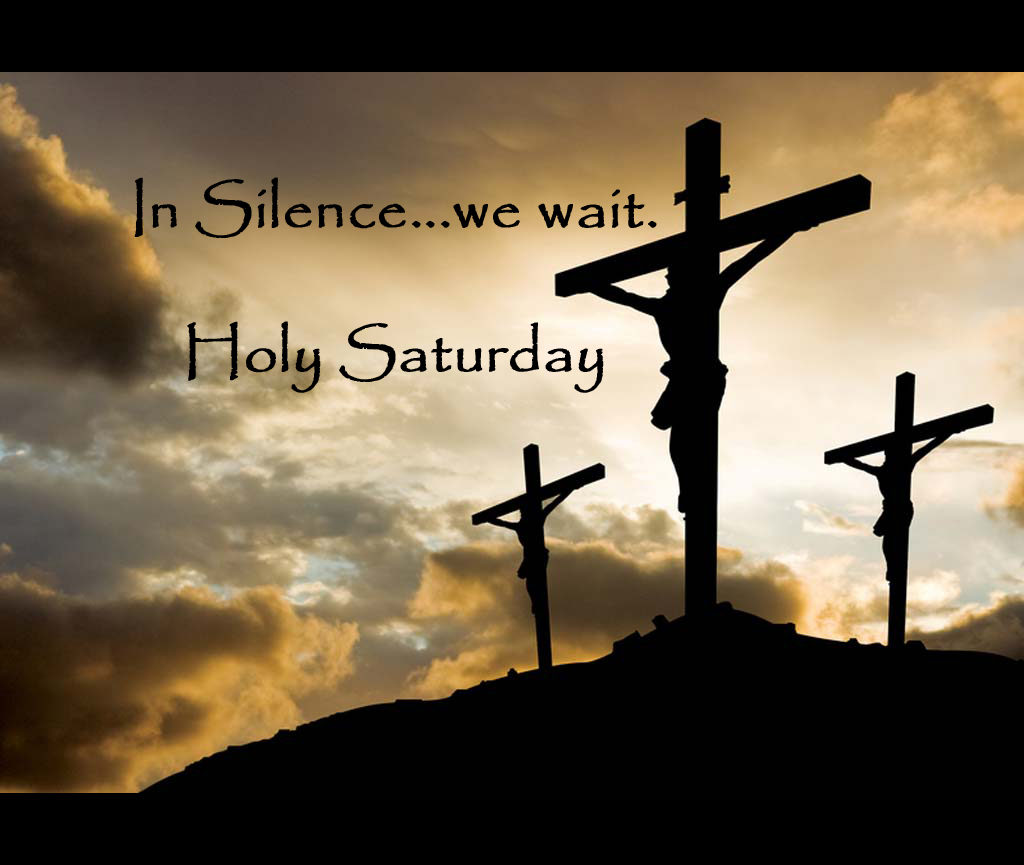
In the UK, April 23rd is Saint George’s Day. It is one of many saint’s days for practicing Catholics, but it is a particularly important one in England. This is because Saint George is the patron saint of England. (He is also the patron saint of the countries of Georgia, Romania, Bulgaria and Portugal, as well as the regions of Cáceres, Alcoy, Catalonia and Aragon (Spain), Newfoundland and Labrador (Canada), and Rio de Janeiro (Brazil).) Saint George’s importance is preserved in the use of “Saint George’s Cross” as the flag of England.
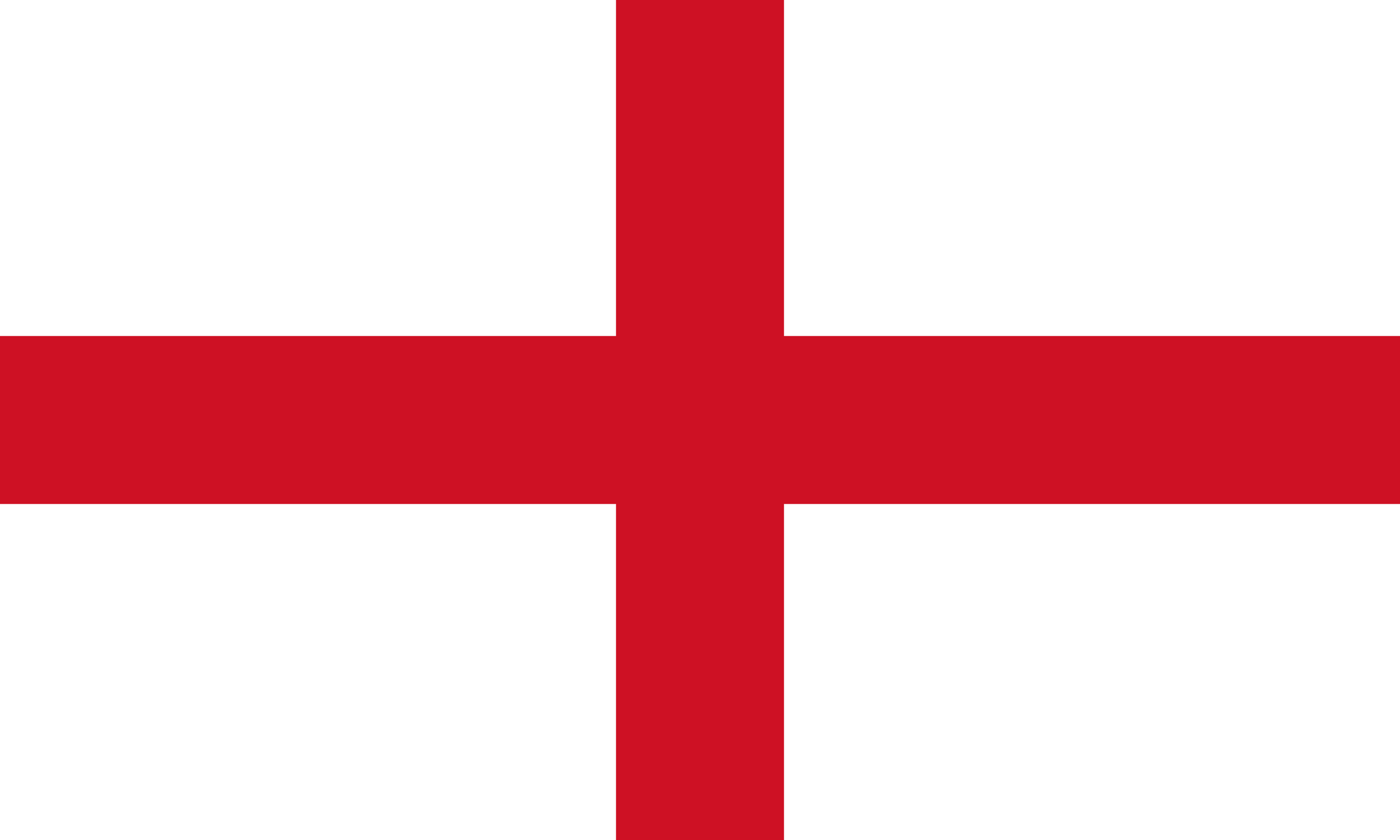
April 24th – Easter (Orthodox)
The Orthodox Church still follows the Julian calendar for many of its religious holidays, which means that they occur one week later. See Easter (Catholic/Protestant) for a description.
April 25th – Easter Monday (Orthodox)
The Orthodox Church still follows the Julian calendar for many of its religious holidays, which means that they occur one week later. See Easter Monday (Catholic/Protestant) for a description.
April 28th – Lailatul Qadr (“Night of Power”
Lailatul Qadr is sometimes called the “most holy night” for Islam. It is a celebration of the night that the Qu’ran (the original Muslim holy text) allegedly descended from heaven. According to Muslim tradition, if you stay up all night praying to Allah on this night, your sins are forgiven.
